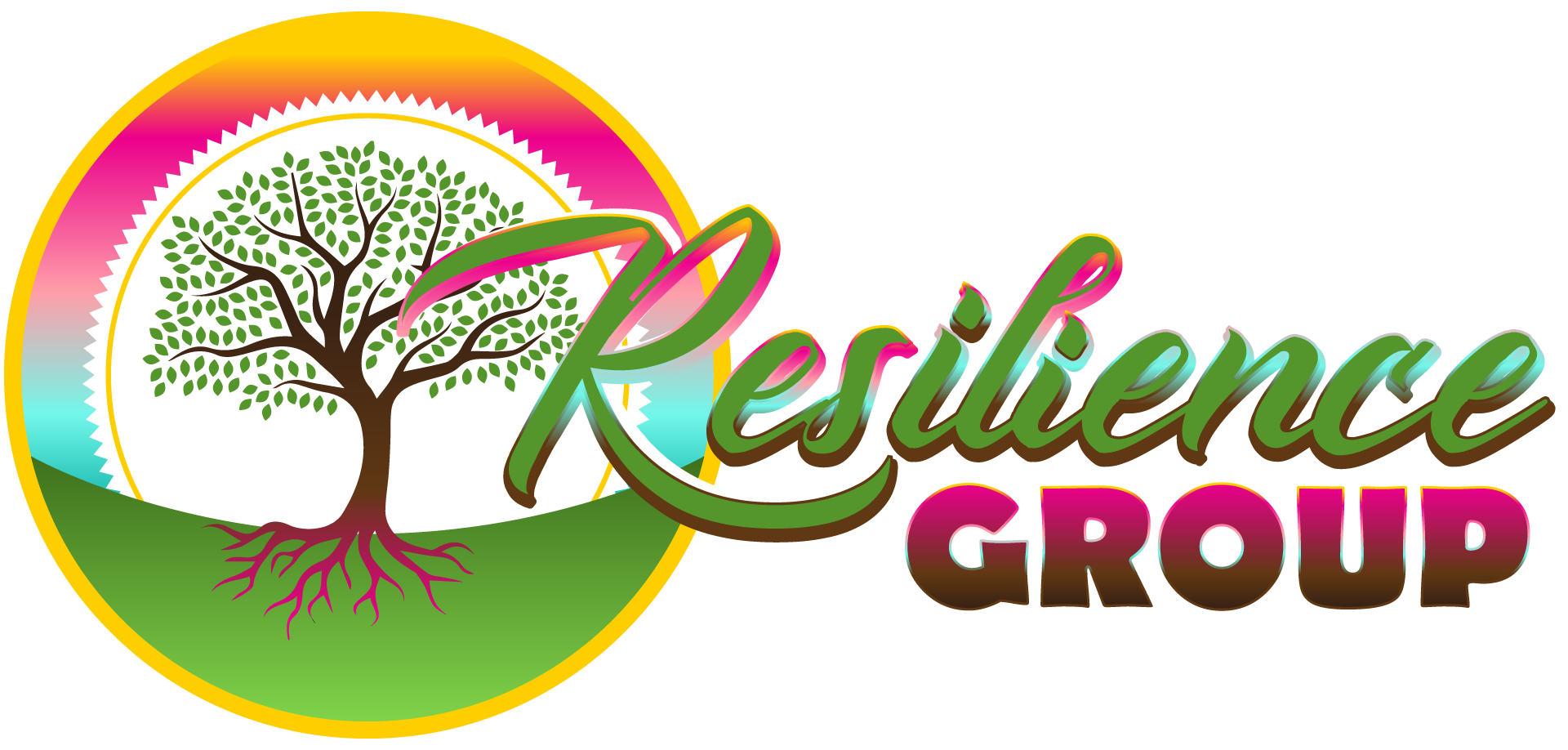Stress
Stress is a physiological and psychological response to perceived challenges, demands, or threats, referred to as stressors. It occurs when an individual perceives that the demands placed on them exceed their ability to cope effectively, leading to a range of emotional, behavioral, and physical reactions. Stress can be acute (short-term) or chronic (long-term), and its effects may be beneficial in certain situations (e.g., enhancing alertness), but prolonged or excessive stress can have negative impacts on health and well-being.
Key Characteristics of Stress:
-
Response to Demand:
- Stress arises when individuals feel that the demands or pressures placed on them (whether external or internal) surpass their coping resources, leading to a sense of being overwhelmed.
-
Physiological Activation:
- The body’s stress response involves the activation of the autonomic nervous system (ANS), particularly the “fight-or-flight” reaction, which includes increased heart rate, blood pressure, and the release of stress hormones like cortisol and adrenaline.
-
Psychological Experience:
- Stress is often accompanied by feelings of anxiety, irritability, helplessness, or emotional tension. Cognitive processes such as worry, rumination, and difficulty concentrating are also common.
-
Individual Differences:
- People vary in how they perceive and respond to stress. What might be stressful for one individual may not be for another, depending on personality, coping strategies, and previous experiences.
Types of Stress:
-
Acute Stress:
- A short-term reaction to an immediate perceived threat or challenge, such as an exam or a job interview. Acute stress is typically temporary and subsides once the stressor is resolved.
-
Chronic Stress:
- Ongoing or long-term stress that occurs when a person is exposed to a prolonged stressor or faces continual pressure (e.g., work-related stress, financial difficulties, or chronic illness). Chronic stress can lead to significant health problems if left unmanaged.
-
Episodic Acute Stress:
- A pattern of frequently experiencing acute stress, often due to taking on too many responsibilities or feeling as though life is always in crisis. This type of stress can lead to burnout and is often associated with individuals who feel out of control.
-
Positive Stress (Eustress):
- A type of stress that can motivate or energize a person to perform at their best, such as preparing for a big event or a challenging work project. Eustress is typically short-lived and has positive outcomes, unlike distress, which is harmful.
Common Stressors:
-
Environmental Stressors:
- External factors such as noise, overcrowding, or exposure to natural disasters, which can overwhelm the body’s ability to adapt.
-
Psychosocial Stressors:
- Stress from relationships, social expectations, work pressure, or financial problems. This category includes both chronic and acute interpersonal stressors.
-
Physical Stressors:
- Illness, injury, lack of sleep, or poor nutrition can physically stress the body and make it harder to manage emotional and psychological demands.
-
Cognitive Stressors:
- Stress stemming from mental and emotional strain, such as negative thinking patterns, uncertainty, and perceived threats to one’s self-concept or future.
Physiological Responses to Stress:
-
Fight-or-Flight Response:
- When faced with a stressor, the body enters a heightened state of alertness, preparing for physical action by releasing adrenaline and cortisol, increasing heart rate, blood pressure, and respiratory rate. These responses are meant to help the body deal with immediate danger.
-
Chronic Stress and Health:
- If stress is prolonged, it can lead to negative health consequences, such as weakened immune function, cardiovascular issues (e.g., hypertension), gastrointestinal disturbances (e.g., irritable bowel syndrome), and mental health problems (e.g., anxiety, depression).
-
Cortisol:
- Cortisol, often called the “stress hormone,” is released during stress to help regulate the body’s response to threat. While it can be beneficial in acute situations, prolonged elevated levels of cortisol can lead to impaired memory, disrupted sleep patterns, and other health concerns.
-
Autonomic Nervous System (ANS) Activation:
- Stress triggers the sympathetic branch of the ANS, preparing the body to act by increasing alertness and energy. In contrast, the parasympathetic branch (responsible for calming) becomes less active, reducing the body’s ability to return to a state of balance or relaxation.
Psychological Effects of Stress:
-
Emotional Distress:
- Feelings of anxiety, anger, frustration, sadness, or helplessness are common during periods of stress. Individuals may also experience mood swings or emotional numbness.
-
Cognitive Impairment:
- Stress can negatively impact cognitive functions, such as attention, memory, and decision-making. Stress often leads to difficulty concentrating and increased forgetfulness.
-
Behavioral Changes:
- Stress may lead to changes in behavior, such as irritability, withdrawal from social situations, or unhealthy coping mechanisms like overeating, smoking, or substance abuse.
-
Burnout:
- Chronic stress, especially from work-related or caregiving responsibilities, can lead to burnout, characterized by emotional exhaustion, detachment, and a sense of inefficacy.

Management and Coping Strategies for Stress:
-
Stress Reduction Techniques:
- Practices such as mindfulness, meditation, deep breathing exercises, and yoga can help individuals relax and reduce the physiological effects of stress.
-
Cognitive Behavioral Therapy (CBT):
- CBT helps individuals identify and modify unhelpful thought patterns and behaviors that contribute to stress, teaching coping mechanisms and reframing techniques.
-
Exercise:
- Regular physical activity is a proven method of reducing stress by releasing endorphins, which are chemicals in the brain that improve mood and alleviate stress.
-
Time Management and Prioritization:
- Learning to manage time effectively, set realistic goals, and delegate tasks can help reduce stress associated with overcommitment and poor planning.
-
Social Support:
- Engaging with friends, family, or support groups can provide emotional support and alleviate feelings of isolation, which often accompany stress.
-
Healthy Lifestyle Choices:
- Adequate sleep, balanced nutrition, and reducing the use of alcohol or drugs can help maintain the body’s resilience to stress and improve overall mental health.
Conclusion:
Stress is a natural response to challenges and demands, but when prolonged or excessive, it can negatively impact mental and physical health. Understanding the causes of stress and implementing effective coping strategies can help manage its effects, promoting better well-being and resilience.
Contact
(435) 313-8533
Location:
Resilience Group
Saint George, UT 84770
In-person and telemedicine available
